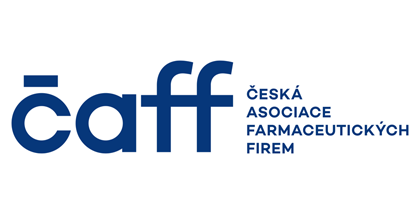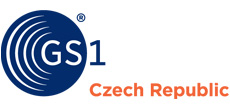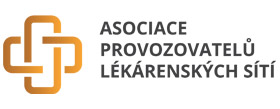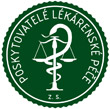Counterfeit human drug Ozempic was seized in Europe
The European Medicines Agency (EMA) has been informed by national competent authorities that pre-filled pens with unknown contents, but falsely labeled as the anti-diabetic drug Ozempic (semaglutide, 1 mg, solution for injection), have been identified from distributors in the EU and UK. These pens with packaging information in German came from distributors' stocks in Austria and Germany (German warning icl. photos available here). Counterfeits have also been seized in other EU countries, as reported by the EMA.
The Ministry of Health of the Czech Republic issued a warning on the morning of 25 October 2023 that counterfeit Ozempic can cause serious health problems. These are packages obtained outside the official distribution chain and dispensed outside legal pharmacies. The Ministry of Health is asking anyone in possession of counterfeit Ozempic not to apply it and to hand it in at a pharmacy. There is no penalty.
Counterfeit packages have batch numbers, unique 2D codes and serial numbers of original Ozempic packages, but trigger an alert (inactive serial number) during verification. The packages look almost identical, but the appearance of the counterfeit pen itself with unknown contents and the original semaglutide pen are different.
There is no evidence that counterfeit pens distributed by a legitimate chain and dispensed by a legitimate pharmacy have been dispensed to patients.
The matter is currently being investigated by the EU medicines regulatory authorities and the police. Distributors and pharmacies in affected countries have been warned against suspicious offers of Ozempic. Parallel distributors throughout the EU were also alerted. EMA is monitoring the situation closely and will provide updates as needed.
The increase in demand for the drug Ozempic occurred due to its known and proven effect on weight, which led to its increased prescription and subsequent shortage, and inspired the production and distribution of counterfeits.
Distributors and pharmacists are advised to pay attention when purchasing Ozempic and carefully verify the packaging with the established National Medicines Verification System (NMVS); any alerts can then be handled in the Alert Management System (AMS). Any suspicion should be reported to the National Competent Authority (State Institute for Drug Control - SÚKL).
Ozempic contains the active substance semaglutide, which is a glucagon-like peptide 1 (GLP-1) receptor agonist. The indication is type 2 diabetes. Ozempic is produced in various strengths from 0.25 mg to 2.0 mg of injectable solution in a pre-filled pen, the falsification allegedly refers only to the 1.0 mg of semaglutid.
The same active ingredient is contained in the medicinal product Wegovy, the indication of which is complementary treatment (to diet with physical activity) to adjust (reduce and maintain) weight. Pre-filled pens with an active substance content of 0.25 mg to 3.2 mg of semaglutide are produced.
Treatment with both Ozempic and Wegovy always starts with the lowest dose applied once a week and the dose is titrated at four-week intervals up to a maximum of 2.0 mg semaglutide (in the treatment of diabetes) or 2.4 mg of semaglutide (in the treatment of obesity) or up to a maximum of which the patient tolerates. Higher doses than 2.0 mg or 2.4 mg is not recommended for long-term treatment [1,2].
Currently, the EMA monitors the incidence of semaglutide side effects: suicidal thoughts and self-harm [3]. Nausea, diarrhoea and vomiting are among the frequent, mostly transient side effects [1,2]. Semaglutide slows down the emptying of the stomach, so it is necessary to pay attention to the possible influence on the onset of the effect of other medicinal products [1,2]. Rarely, gastroparesis may occur with the use of semaglutide, there is a slightly increased risk of acute pancreatitis [4].
Source:
[1] Ozempic SPC, EMA, first registration 2018, renewal of registration 2022.
[2] Wego's SPC, EMA, first registration 2022.
[3] EMA statement on ongoing review of GLP-1 receptor agonists. 11. 07. 2023
[4] Sodhi M, et al. Risk of Gastrointestinal Adverse Events Associated With Glucagon-Like Peptide-1 Receptor Agonists for Weight Loss. JAMA Published online October 5, 2023.
MUDr. Marta Šimůnková
Communication and PR Consultant
Czech Medicine Verification Organization

 Registration and login to systems
Registration and login to systems












